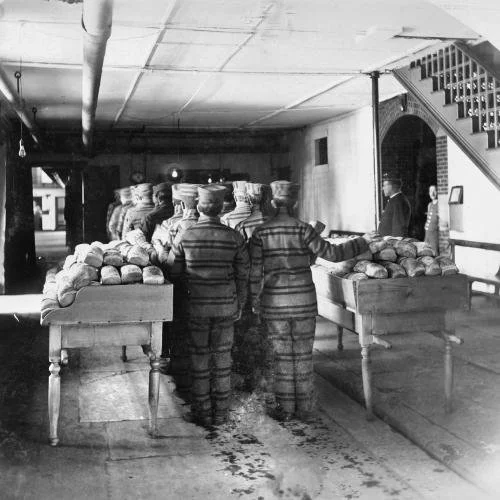
An insidious form of slavery still exists in New York State.
The 13th Amendment ended chattel slavery, but with an insidious exception: “as a punishment for a crime.” This loophole has allowed New York to build a prison system so dependent on human exploitation and degradation that it is akin to modern day slavery









